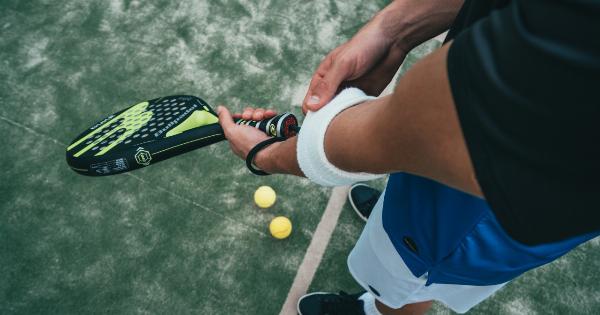Drumming is not just a hobby, it’s a passion for many drummers around the world. Playing the drums is an art form that takes years of practice, dedication, and skill to master.
Whether you’re a beginner or an experienced drummer, there are always ways to improve your technique and sound. In this article, we’ll explore some effective tips and tricks to help you become a master drummer.
1. Practice, Practice, Practice
The most important thing to becoming a master drummer is to practice regularly. Make a schedule and stick to it, even if it’s just 15-20 minutes a day.
Consistency is key in developing muscle memory, which will help you play more accurately and effortlessly over time.
2. Focus on Basic Technique
Before trying to learn advanced techniques, it’s essential to master the basics. These include proper posture, grip, and hand placement. Make sure you have a solid foundation before moving on to more complicated techniques.
There are many great online resources and tutorials that can help you learn the basics.
3. Use a Metronome
A metronome is a tool that helps you keep time and develop a sense of rhythm. Start by playing simple beats at a slow tempo and gradually increase the speed. This will help you develop your coordination and timing skills.
It’s a great way to practice without getting bored or frustrated.
4. Implement Rudiments
Rudiments are patterns of sticking that all drummers should know. These include singles, doubles, and paradiddles. Incorporating them into your practice routine will help you develop speed, precision, and fluidity.
Start by playing each rudiment slowly and gradually increase the speed as you become more comfortable with them.
5. Experiment with Different Genres
Playing along with different genres of music can help you develop your creativity and expand your musical knowledge. Try playing along with jazz, rock, blues, or any other genre that interests you.
This will help you develop a more versatile playing style that you can incorporate into your own music.
6. Record Yourself
Recording yourself while you practice can be an excellent way to monitor your progress and identify areas that need improvement. You can listen back to your recordings and pinpoint any mistakes or weaknesses in your playing.
This will help you focus your practice on specific areas and develop a more targeted approach.
7. Play with Other Musicians
Playing with other musicians is a great way to develop your skills and learn new techniques. You can join a band, attend jams session, or just play with friends.
Playing with others will help you learn how to lock in with other musicians and develop your listening skills.
8. Learn to Read Music
Learning to read music is not essential for all drummers, but it can be a valuable skill to have. It will help you understand musical notation, communicate with other musicians, and expand your musical repertoire.
There are many great online resources and books that can help you learn to read music.
9. Maintain Your Gear
Drumming is hard on your equipment, so it’s essential to maintain it properly. Regularly clean your kit, replace worn out heads and sticks, and make any necessary adjustments to your hardware.
This will help you sound your best and extend the life of your gear.
10. Have Fun
Playing the drums should be fun! Don’t take yourself too seriously and enjoy the process of learning and improving. Play along with your favorite songs, jam with friends, and experiment with different styles.
When you have fun playing, you’ll be more motivated to practice and improve.































